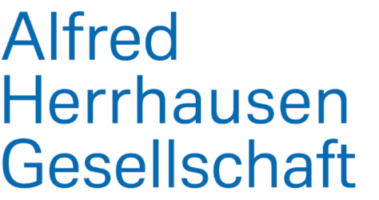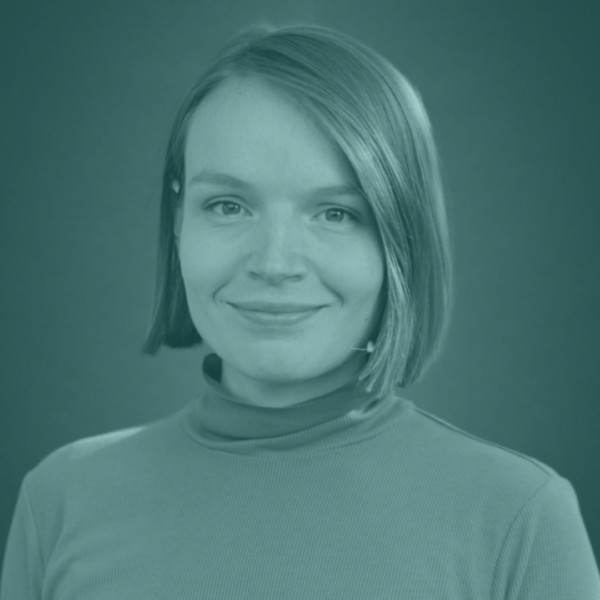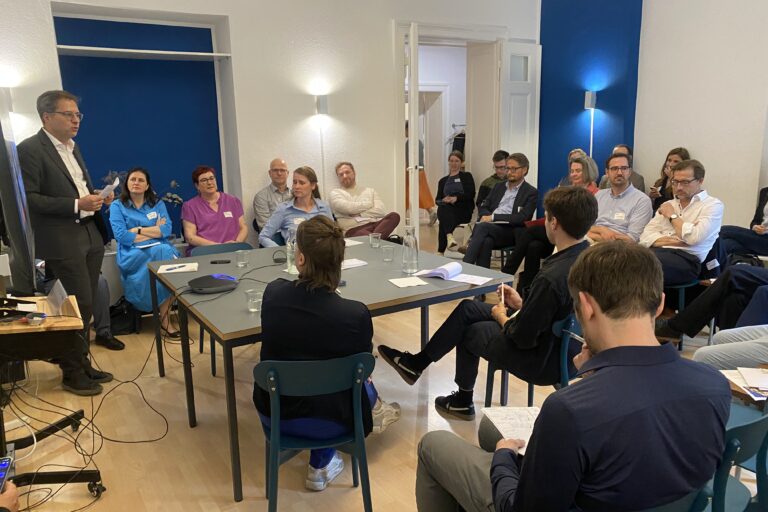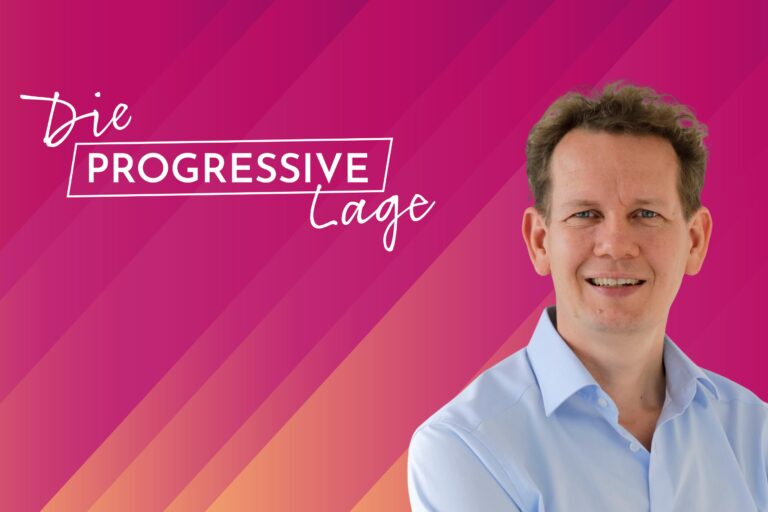Das Progressive Zentrum and the Alfred Herrhausen Gesellschaft teamed up with artist Leo Leowald to capture human perceptions, memories, and wishes around democratisation. The exhibition was first presented at Innocracy 2021 and can now be found online in the virtual gallery.
We asked seventeen people to share what democratisation means to them personally. From voting for the first time to protesting against authoritarianism – the variety of stories highlighted that democratisation is more than just a process. It encapsulates a desire for change and hope for a better future.
Artist Leo Leowald transformed these impulses into illustrations. Featured below is a preview of the exhibition, first presented at the 2021 Innocracy Conference in Berlin.
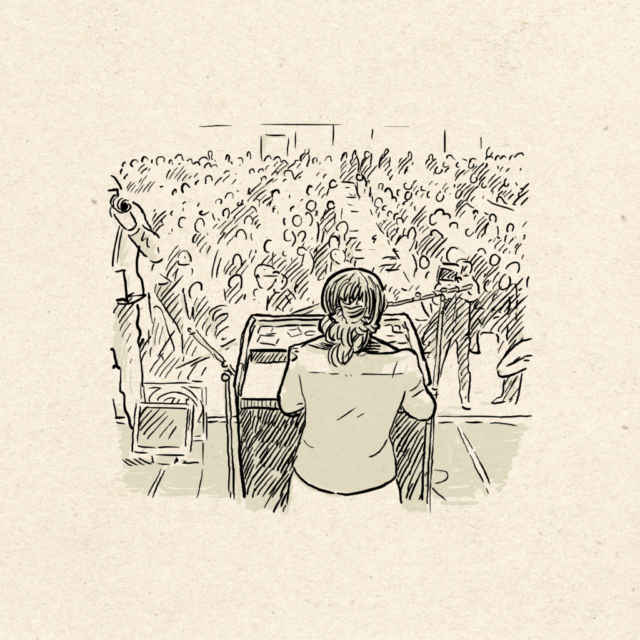
“My strongest memory around the feeling of democratisation comes up when I think about my first vote. I was so overwhelmed by the trust of being let into the country and then able to help decide on the parliament that I joined a political party that same day.“
Marina Weisband, Psychologist and Expert for Digital Participation and Education

“When I think of democratisation in the future, I would like to witness citizens negotiating in good faith, guided by an interest in learning and collaboration. Peaceful exchange of views and ideas has been the bedrock of democracy since its origins in ancient Greece – and we are all called upon to practice and safeguard it every day anew.“
Anna Herrhausen, Executive Director of the Alfred Herrhausen Gesellschaft

“When I think of democratisation in the future, I think of a political class which is as diverse as our societies. I believe that in order for every citizen to feel represented and involved in democratic processes, politicians should come from different backgrounds and cultures. As a young French woman of Caribbean descent, I know that representation matters for everyone to truly have a say. Young generations need leaders they can identify with.“
Ophélie Omnes, President of the Union of European Federalists France

“My strongest memory around the feeling of democratisation is the determination and willingness of the youth in my country to organise and fight back against authoritarianism in Albania. Here we are: standing strong and fighting back, as workers by building strong and democratic labour unions; as students by demanding good, accessible and free public education; as women and LGBTQ+ individuals by struggling for equality and a life of dignity; as minorities and citizens of the Republic of Albania.“
Gresa Hasa, Activist and Journalist
We thank Farah Abdi, Raúl Aguayo-Krauthausen, Alberto Alemanno, Entisar Almasri, Susanne Baer, Claudia Chwalisz, Kübra Gümüşay, Gresa Hasa, Dan Harhoiu, Anna Herrhausen, Yascha Mounk, Ophélie Omnes, Hedwig Richter, Dominic Schwickert, Zsuzsanna Szelényi, John Tasioulas and Marina Weisband for their written contributions.
Share your thoughts about democratisation on social media using #MyDemocratisation.



